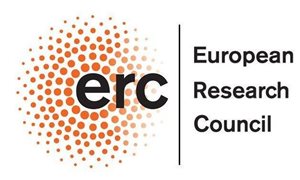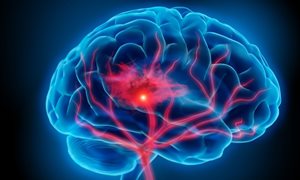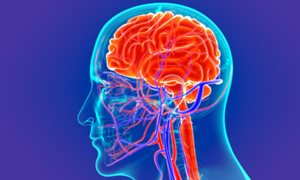
Families with a child with ADHD can benefit from family-based mindfulness training, a study of Radboud university medical center, University of Amsterdam and Karakter shows. The researchers found that while symptoms of the children with ADHD decreased after mindfulness training, on average this effect was small. However, the mindfulness training had a positive impact on mindful parenting, symptoms and well-being of the parents, in the short and longer term after training.
Children with ADHD are generally treated with medication and/or behavioral treatments. However, medication-alone is insufficient in a quarter to a third of the children. For that reason, the scientists investigated whether a mindfulness-based intervention (MBI) would have a positive effect on children who did not respond sufficiently to other ADHD treatments. MBIs can elicit positive effects on psychological symptoms and behavior of children and parents.
In the study, two groups of children between the ages of eight and sixteen were compared. One group received only regular care (CAU, care-as-usual), and the other group also received MYmind, the mindfulness-based intervention (MBI) with at least one parent. They did this training for a period of eight weeks.
A striking result was that parents especially benefited from this training. There was an increase in mindful parenting, self-compassion and an improvement in mental health among the parents. These effects were still visible six months after the end of the training. In the children, there were some effects on ADHD symptoms, anxiety, and autistic traits, but effects were small. Yet, a subgroup appeared to benefit: One in three children reliably improved on self-control following MYmind, whereas only one in ten improved when following only regular care.
Professor of Environmental Sensitivity in Health and psychologist Corina Greven of Radboudumc, the Donders Institute and Karakter says that usual interventions for children with ADHD typically do not target mental health of parents, although they often struggle with parenting stress, anxiety or own ADHD symptoms. “While effects in children were small, we still found effects in the parents. Interviewing families , our team also discovered that many families reported important improvements in family relationships and insight in and acceptance of ADHD. We need to go broader than just looking at whether an intervention reduces symptoms, and include additional outcomes that families find important.” The study was conducted in collaboration with the Radboud Center for Mindfulness.
About ADHD
Attention-deficit/hyperactivity disorder (ADHD) is a common neurodevelopmental disorder with a worldwide prevalence of about 5% in children. ADHD is highly heterogeneous as it comes with a multi-factorial etiology, diverse neurocognitive impairments and co-occurring problems, as well as positive traits such as creativity. Self-control deficits in everyday life, such as problems with controlling impulses, switching attention, regulating emotional responses, initiating and organizing tasks, impact functioning of children with ADHD. Ratings of child self-control are an important predictor for health, wealth, academic, occupational and crime outcomes years later. Therefore, improving self-control is an essential treatment target for ADHD.
About the publication in Journal of Child Psychology and Paychiatry
A Randomised Controlled Trial (MindChamp) of a Mindfulness-Based Intervention for Children With ADHD and Their Parents – Nienke M. Siebelink, Susan M. Bögels, Anne E. M. Speckens, Janneke T. Dammers, Thomas Wolfers, Jan K. Buitelaar, Corina U. Greven.
-
Want to know more about these subjects? Click on the buttons below for more news.
More information
Pauline Dekhuijzen

wetenschaps- en persvoorlichter
Related news items

NWO Stevin Prize for expert on Parkinson’s disease Bas Bloem Major scientific prize for societal impact on research into Parkinson's disease
17 June 2022 Neurologist Bas Bloem of Radboudumc receives this year’s Stevin Prize of the Dutch Research Council (NWO). The Stevin Award is the highest distinction in science for a researcher in the Netherlands who has achieved particular success in the area of knowledge utilization for society. read more
The future of laboratory animal research More attention to living conditions of laboratory animals
16 May 2022 On May 9, a meeting took place at the Radboudumc as a result of the launch of the Dutch Transparency Agreement on Animal Testing. The Radboudumc is one of the twenty signatories and has thus committed itself to openly and transparently communicate its vision and policy with regard to animal testing. read more
European grants for groundbreaking Radboudumc research Professors Roshan Cools and Peter Friedl receive ERC Advanced Grant
26 April 2022The European Research Council (ERC) is awarding grants to Roshan Cools and Peter Friedl, both professors at Radboudumc. While Cools will investigate how brains control behaviour in (stressful) situations, Friedl will work on developing a new cancer therapy.
read more
Erno Hermans appointed professor of Cognitive Affective Neuroscience
13 April 2022Hermans unravels the effects of stress on the brain, and uses that knowledge to develop preventive training programs that increase resilience.
read more

